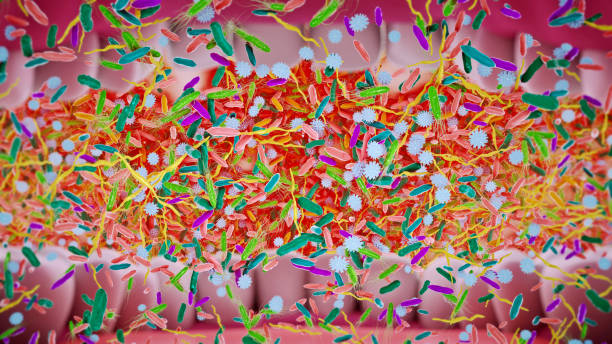Bad Breath Cures
Bacteria buildup on the tongue, particularly at the rear and beneath the layers, is a primary cause of bad breath. You can effectively tackle this issue by using tongue cleaners and maintaining a strong oral hygiene routine.
Did you know that bad teeth rotting is a clear cause of chronic bad breath? If this happens to be the reason behind your bad breath, then a quick dental treatment can eliminate bad breath in due time. Extracting a problematic tooth can erase the problem immediately the instant the bad tooth has been found out and removed.
Many people think that bad breath from spicy foods only lasts for a few hours after eating. However, spicy foods can cause lingering bad breath for days, leading many to mistakenly attribute their oral odor to other sources.
Do you know that one of the apparent causes of bad breath is smoking?
And as far as smoking is concerned, there is no remedy in the market that can cure a smoker’s bad breath except when he or she quits smoking. This is because nicotine practically smells from every portion of their body hence the best thing to do is to stop smoking.

You should know that tonsils could contain lots of bacteria as well as tonsil stones. These are sufficient to emit tons of bad odors so much that no amount of tongue or teeth cleaning can effectively treat.
The most fortunate thing is that these stones can be thawed and the bacteria eliminated.
While internal medical issues rarely cause bad breath, it’s an important factor to consider. If you’ve tried every breath-freshening remedy available, consult a physician to identify the underlying cause of the problem.
Did you know that with first class information about bad breath cause, you could treat the problem with ease?To effectively tackle bad breath, explore comprehensive details about its causes and treatments, many of which you can easily find online. Chronic bad breath is a problem that a proportionate number of humans experience.
Many researchers are actively investigating the causes of bad breath and proposing various remedies. However, it’s essential to understand the root cause of your bad breath before seeking a solution.
Anaerobic Bacteria
One of the major causes of bad breath is an anaerobic bacterium that inhibits the rear of the tongue. These bacteria are not that bad in that they assist in the digestion process of humans. Hence, you can’t and you should not attempt to eliminate all of them.
Nonetheless, if you allow your mouth to be always dry, then you are providing a safe haven for them to keep multiplying and that means more foul smells.|In case you don’t know, a dry mouth encourages bad breath.
The fact is, your saliva contains lots of oxygen and as soon as your mouth turns dry, the bacteria in your mouth multiply. Hence, causing you to have a bad wind problem. This is one of the simplest causes of bad breath in most people. So, avoid taking anything that will dry your mouth and always make sure you take lots of water especially in the morning.
Did you know that while you are asleep, your mouth gets dry?
In this condition, the bacteria in your mouth are empowered to overpopulate.

Keep in mind that all humans have these bacteria so you can’t contract bad wind by the mere act of kissing somebody. The key is always to keep your mouth hydrated by drinking plenty of water regularly.
In case you are not aware; there are some foods that can cause your bad wind to become worse. These foods are dairy products, fish, meats, and caffeine products. This is not saying that you should avoid taking them completely. What you only need is to apply medical products to check your bad wind problems. As much as you can see if you can stop using the generic brands, seeing that they are not quite efficacious.
Do you know that bad oral hygiene is the chief cause of bad wind? Hence, it is advised that you take the right steps to maintain your gums as well as your teeth so as to prevent bad breath.










More Stories
How to Make The Transition to Eating Healthier and Real Food
Reminder To Ensure Your Water Intake Is Adequate
Essential Oils for Oral Health Care: A How-To Guide